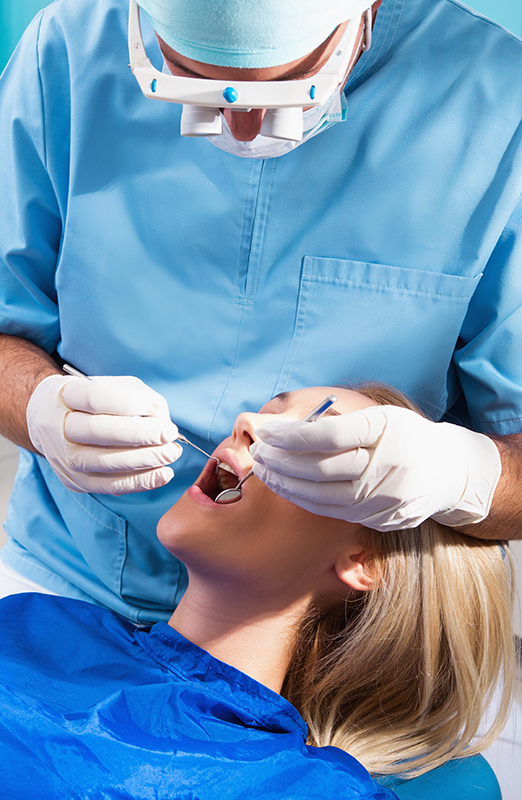|
Posted on 3/30/2020 by Young Jun DDS MD FACS |
 Wisdom tooth extraction is the most common dental procedure done on a large number of teens in the United States. Every teen is likely to point out a time when they had their wisdom teeth removed. Wisdom tooth extraction is however but a small significant portion of all surgical procedures that dental offices do daily. This is for teens and adults alike. Wisdom tooth extraction is the most common dental procedure done on a large number of teens in the United States. Every teen is likely to point out a time when they had their wisdom teeth removed. Wisdom tooth extraction is however but a small significant portion of all surgical procedures that dental offices do daily. This is for teens and adults alike.It is a common practice in Canada and the United states for dentists to prescribe narcotic medications to patients after surgery. The aim of this prescription is largely pain control. Over the recent years, however, there has been an uproar from medical and civil activist groups alike on the dangers associated with a simple post-operative narcotic prescription. The Problem with NarcoticsIn a study done In the USA, it was found that about 1.3 percent of the 56,686 wisdom tooth extraction patients who filled their opioid prescriptions between 2009 and 2015 went on to persistent opioid use. Looking at it from a bigger lens, this is a sizable percentage of the population that is led into addiction by the harmless prescription of narcotics post operatively. In truth, however, narcotic prescriptions after oral surgery are less of an intended harm as they are routine. Well before the prescription drug crisis, many dental offices wrote opioid prescriptions for moderate to severe pain with no harm caused. Over the years, however, teens and adults however are falling prey to the addictive euphoria caused by these drugs. As such, it is important to take a step back and re-evaluate whether narcotics should really be the way to go. It has been found that anti-inflammatory drugs such as ibuprofen work just as fine as their narcotic counterparts in pain control. Acetaminophen is just as potent and without the risk of addiction. To find out what options you would have, speak to the professionals here at our office. |